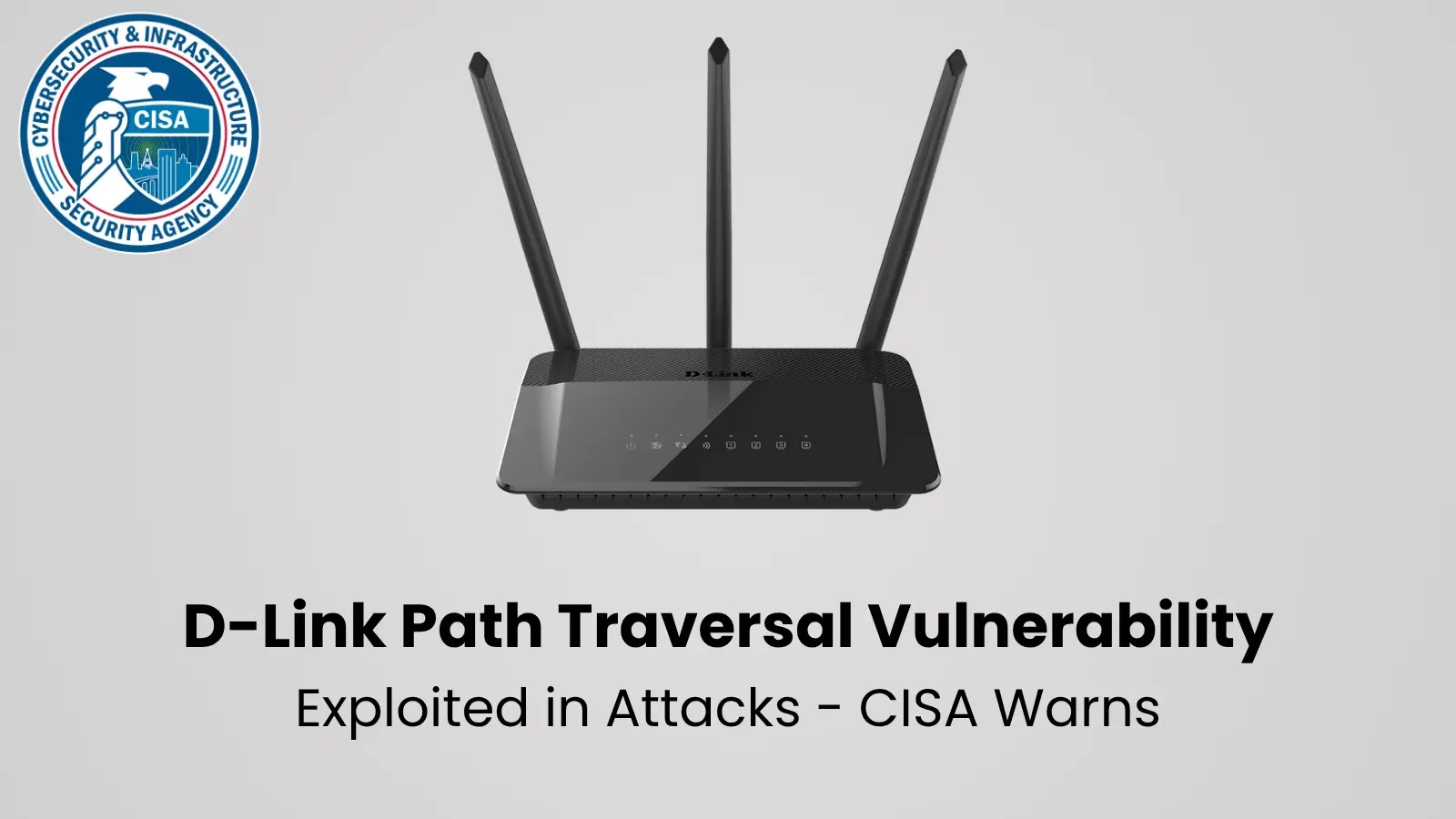The Node.js project has recently disclosed a high-severity vulnerability, identified as CVE-2025-23166, which poses a significant threat to applications and services built on the Node.js platform. This flaw allows remote attackers to crash Node.js processes, potentially leading to widespread denial of service (DoS) incidents.
Understanding CVE-2025-23166
The vulnerability originates from improper error handling in asynchronous cryptographic operations within Node.js. Specifically, the issue resides in the C++ method `SignTraits::DeriveBits()`, which may incorrectly invoke `ThrowException()` based on user-supplied inputs while operating in a background thread. This flaw enables attackers to remotely trigger a crash in the Node.js process by exploiting cryptographic operations that frequently handle untrusted input.
Cryptographic operations are fundamental to ensuring secure communications, data protection, and authentication mechanisms. Therefore, this vulnerability poses a significant risk to any Node.js application exposed to the internet. Exploitation can lead to immediate service outages, disrupting business operations and potentially affecting millions of users.
Affected Versions
CVE-2025-23166 impacts all active Node.js release lines, including versions 20.x, 22.x, 23.x, and 24.x. End-of-Life (EOL) versions are also affected but may not receive further updates, leaving them perpetually vulnerable unless upgraded.
Additional Security Concerns
In addition to CVE-2025-23166, the Node.js team has addressed other security issues in its latest releases:
– CVE-2025-23167 (Medium Severity): An HTTP header parsing flaw that could be exploited to cause unexpected behaviors in applications.
– CVE-2025-23165 (Low Severity): A memory leak bug that, if exploited, could lead to resource exhaustion over time.
While these vulnerabilities are less severe than CVE-2025-23166, they still warrant attention and prompt updating to maintain system integrity.
Immediate Action Required
Developers and organizations utilizing Node.js are strongly urged to update to the latest patched versions without delay. Security releases for all supported lines—20.19.2 (LTS), 22.15.1 (LTS), 23.11.1 (Current), and 24.0.2 (Current)—are now available and include the critical fix for CVE-2025-23166.
Failure to update leaves systems susceptible to remote crashes, service disruptions, and potential exploitation by malicious actors. The Node.js team emphasizes the importance of staying current with security releases, especially for production environments where uptime and reliability are paramount.
Recommendations for Node.js Users
In light of this critical vulnerability, Node.js users are advised to:
1. Update Immediately: Upgrade to the latest patched versions of Node.js to mitigate the risk posed by CVE-2025-23166.
2. Review Security Practices: Re-evaluate the use of cryptographic operations within Node.js applications, especially in relation to handling external input.
3. Stay Informed: Subscribe to the Node.js security mailing list and regularly check the official Node.js security page for updates on vulnerabilities and security releases.
Conclusion
The disclosure of CVE-2025-23166 underscores the critical importance of maintaining vigilance in software security, particularly for widely adopted open-source platforms like Node.js. By promptly updating to the latest versions and adhering to recommended security practices, developers and organizations can protect their applications and infrastructure from potential exploitation and ensure the continued reliability of their services.



